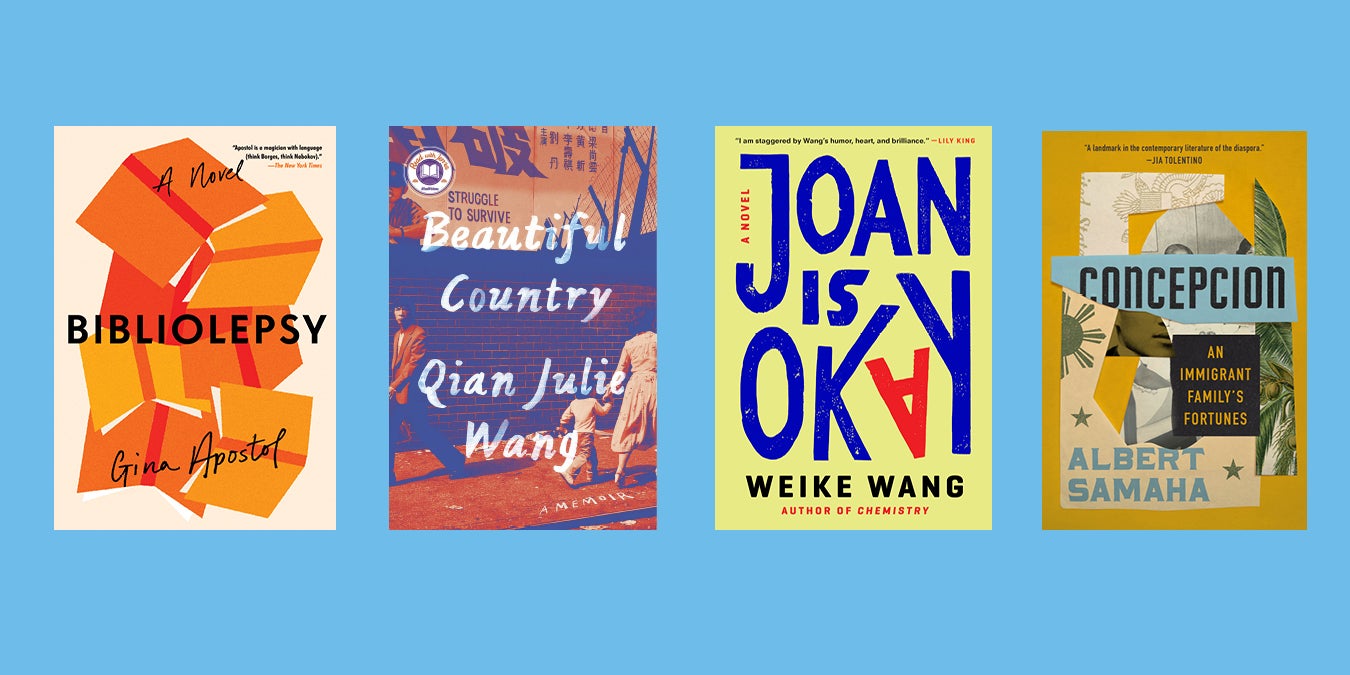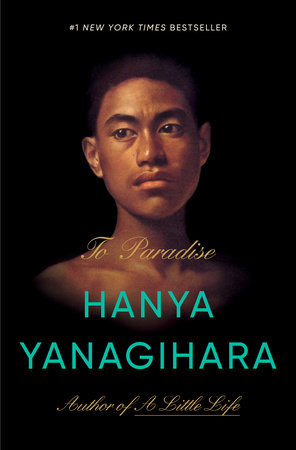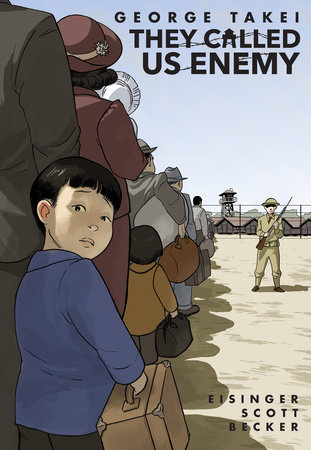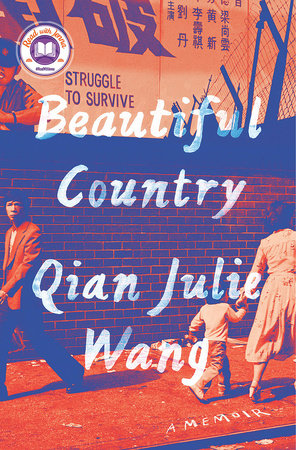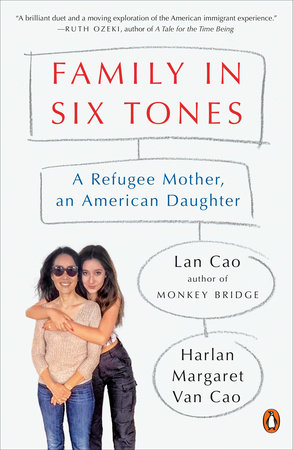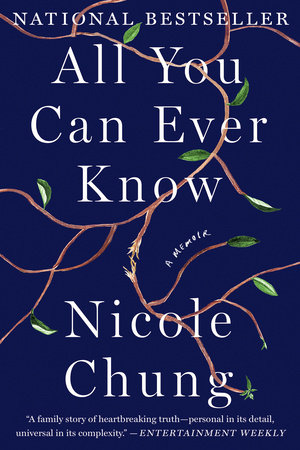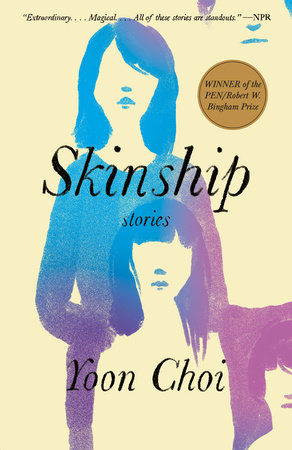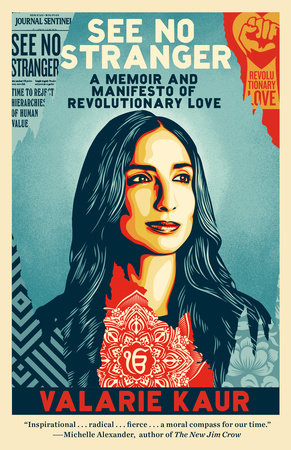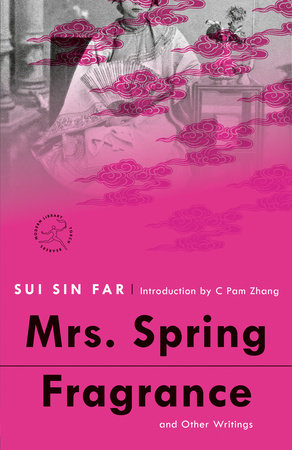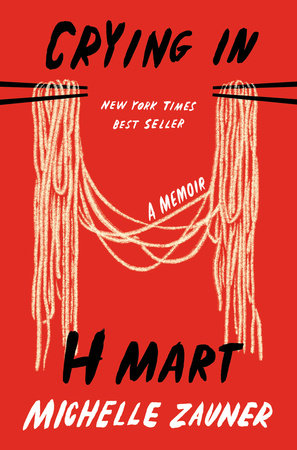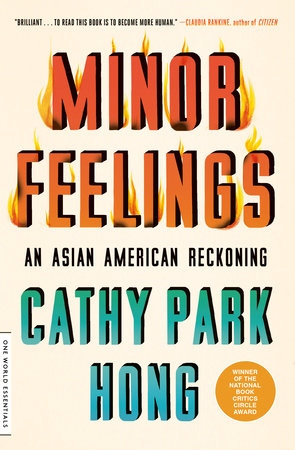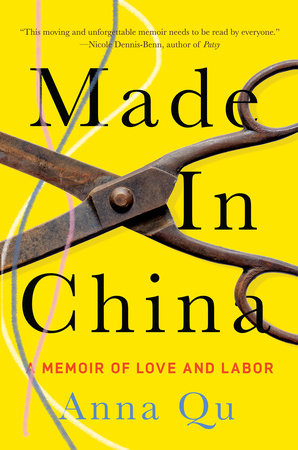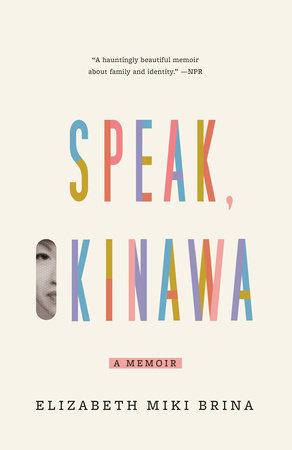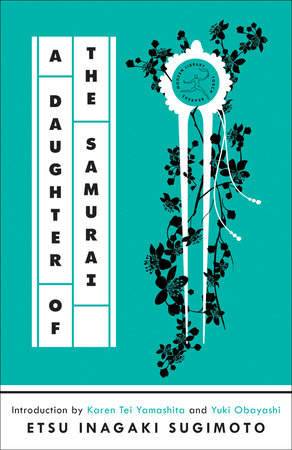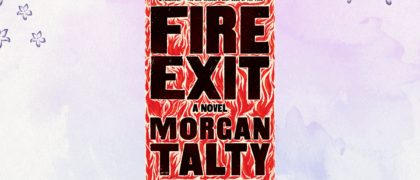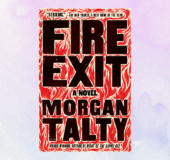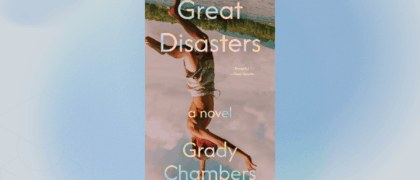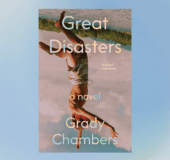This month we proudly celebrate Asian American and Native Hawaiian/Pacific Islander Heritage Month and the important role of Asian and Asian American voices in our culture and in our classrooms. We’re spotlighting the achievements and contributions of those in the community who have greatly and positively impacted American culture at large. We recognize and applaud books by Asian American, Native Hawaiian, and Pacific Islander creators that educate, empower, and inspire students all year around.
To Paradise is a novel spanning three centuries and three different versions of the American experiment—an alternate version of 1893 America where New York is part of the Free States, a 1993 Manhattan besieged by the AIDS epidemic where a young Hawaiian man lives with his older, wealthier partner, and 2093, in a world riven by plagues and governed by totalitarian rule.
Here is the intimate and inspiring life story of Mazie Hirono, the first Asian-American woman and the only immigrant serving in the U.S. Senate, in which Hirono traces her remarkable life from her earliest days in Hawaii to her recent transformation from dogged yet soft-spoken public servant into the frank and fiery advocate we know her as today.
The Loneliest Americans is the unforgettable story of Jay Caspian Kang and his family as they move from a housing project in Cambridge to an idyllic college town in the South and eventually to the West Coast. Their story unfolds against the backdrop of a rapidly expanding Asian America, as millions more immigrants, many of them working-class or undocumented, stream into the country.
Here is a stunning graphic memoir recounting George Takei’s childhood imprisoned within American concentration camps during World War II. They Called Us Enemy is Takei’s firsthand account of growing up under legalized racism, his mother’s hard choices, his father’s faith in democracy, and the way those experiences planted the seeds for his astonishing future.
When seven-year-old Qian Julie Wang arrives in New York City in 1994, she is overwhelmed by crushing fear and scarcity. In China, Qian’s parents were professors; in America, her family is “illegal.” Beautiful Country is an essential American story about a family fracturing under the weight of invisibility, and a girl coming of age in the shadows, who never stops seeking the light.
Here is a dual first-person memoir by the acclaimed Vietnamese-American novelist, Lan Cao, and her thoroughly American teenage daughter, Harlan Margaret Van Cao. Lan wrestles with her identities as not merely an immigrant but a refugee from an unpopular war. Harlan fiercely describes the rites of passage of childhood and adolescence, filtered through the aftereffects of her family’s history of war, tragedy, and migration.
Deceptively spare yet quietly powerful, laced with sharp humor, Joan Is Okay touches on being Chinese-American right now, working in medicine at a high-stakes time, finding one’s voice within a dominant culture, being a woman in a male-dominated workplace, and staying independent within a tight-knit family.
Nicole Chung was born severely premature, placed for adoption by her Korean parents, and raised by a white family in a sheltered Oregon town. All You Can Ever Know is a profound, moving chronicle of surprising connections and the repercussions of unearthing painful family secrets—vital reading for anyone who has ever struggled to figure out where they belong.
Winner of the Pen/Robert W. Bingham Prize
Through an indelible array of lives, Yoon Choi explores where first and second generations either clash or find common ground, where meaning falls in the cracks between languages, where relationships bend under the weight of tenderness and disappointment, where displacement turns to heartbreak.
Tracing his family’s history through the region’s unique geopolitical roots in Spanish colonialism, American intervention, and Japanese occupation, Albert Samaha fits their arc into the wider story of global migration as determined by chess moves among superpowers. Concepcion explores what it might mean to reckon with the unjust legacy of imperialism.
Valerie Kaur describes her own riveting journey—as a brown girl growing up in California farmland finding her place in the world, as a young adult galvanized by the murders of Sikhs after 9/11, as an activist working with communities recovering from xenophobic attacks. See No Stranger helps us imagine new ways to build the world we want to see.
It is the mid-eighties, two decades into the brutal rule of Ferdinand Marcos. The Philippine economy is in a deep recession, and civil unrest is growing by the day. But Primi Peregrino has her own priorities: tracking down books and pursuing romantic connections with their authors. Bibliolepsy is a brilliantly unorthodox look at the rebellion that brought down a dictatorship.
Beginning with a cheery letter penned by a Chinese girl in heaven to “poor Mr. Nixon” in hell, Gish Jen embarks on a fictional journey through U.S.-China relations, capturing the excitement of a world on the brink of tectonic change. With their profound compassion and humor, these eleven linked stories trace the intimate ways in which humans make and are made by history.
In this rediscovered classic of linked short stories set in San Francisco’s Chinatown, Sui Sin Far portrays Chinese immigrants as they fall in love, encounter racism, and wrestle with their new Americanized identities—decades before writers like Maxine Hong Kingston and Amy Tan. These stories are windows into the lives of everyday people in an unforgiving city.
In this exquisite story of family, food, grief, and endurance, singer, songwriter, and guitarist Michelle Zauner gives an unflinching, powerful memoir about growing up Korean American, losing her mother, and forging her own identity. Vivacious and plainspoken, lyrical and honest, Zauner’s voice is as radiantly alive on the page as it is onstage.
Poet and essayist Cathy Park Hong fearlessly and provocatively blends memoir, cultural criticism, and history to expose fresh truths about racialized consciousness in America. Part memoir and part cultural criticism, this collection and its relentless and riveting pursuit of vital questions around family and friendship, art and politics, identity and individuality, will change the way you think about our world.
This powerful debut memoir about labor and self-worth that traces a Chinese immigrant’s journey to an American future. Traveling from Wenzhou to Xi’an to New York, Made in China is unafraid to ask thorny questions about trauma and survival in immigrant families, the meaning of work, and the costs of immigration.
Here is Elizbeth Miki Brina’s memoir about her journey to understanding her complicated parents—her mother an Okinawan war bride, her father a Vietnam veteran—and her own, fraught cultural heritage. Speak, Okinawa is a startling accomplishment—a heartfelt exploration of identity, inheritance, forgiveness, and what it means to be an American.
A young Japanese woman leaves the only home she’s ever known for married life in nineteenth-century Ohio in this delightful, charming memoir. It is a tribute to the struggles of the first generation of Japanese immigrants—with an introduction by Karen Tei Yamashita and Yuki Obayashi.
More Asian American Literature titles
Penguin Random House is proud to support non-profit organizations focused on key issues in the community, such as mental health access and stopping anti-Asian racism and violence. Two of the organizations we are partnering with this year are the Asian Mental Health Collective, and NYC-based Soar Over Hate.

